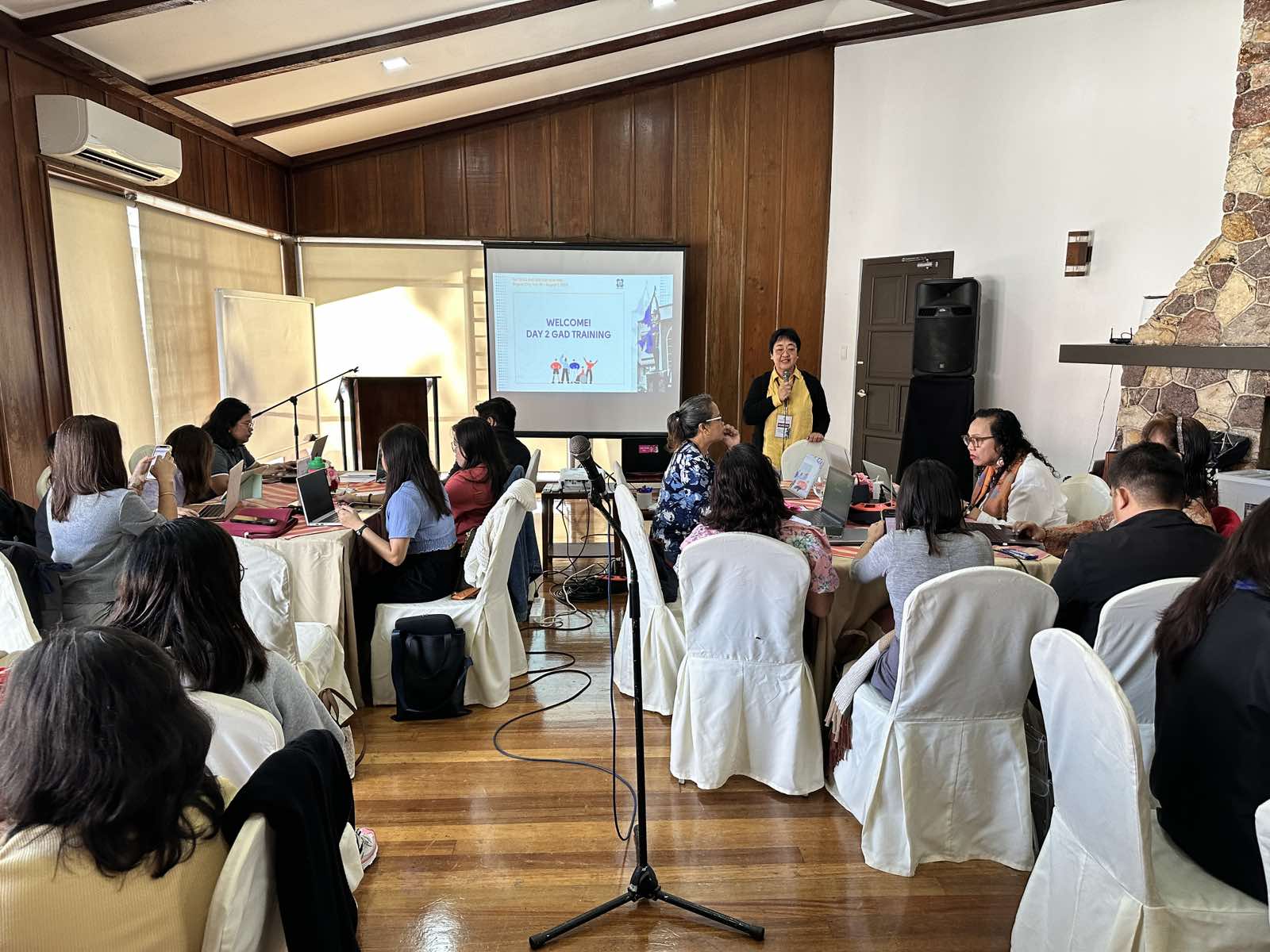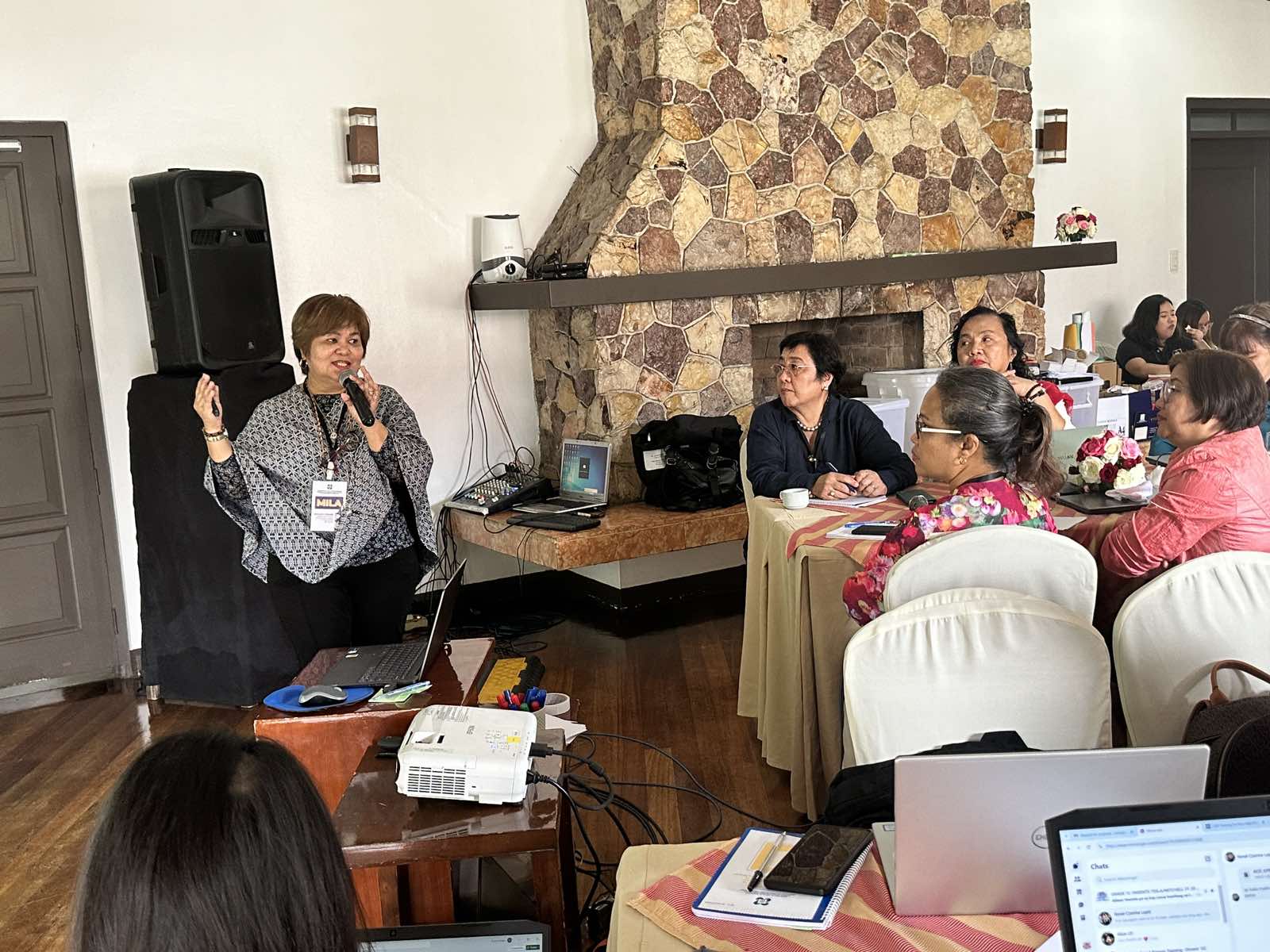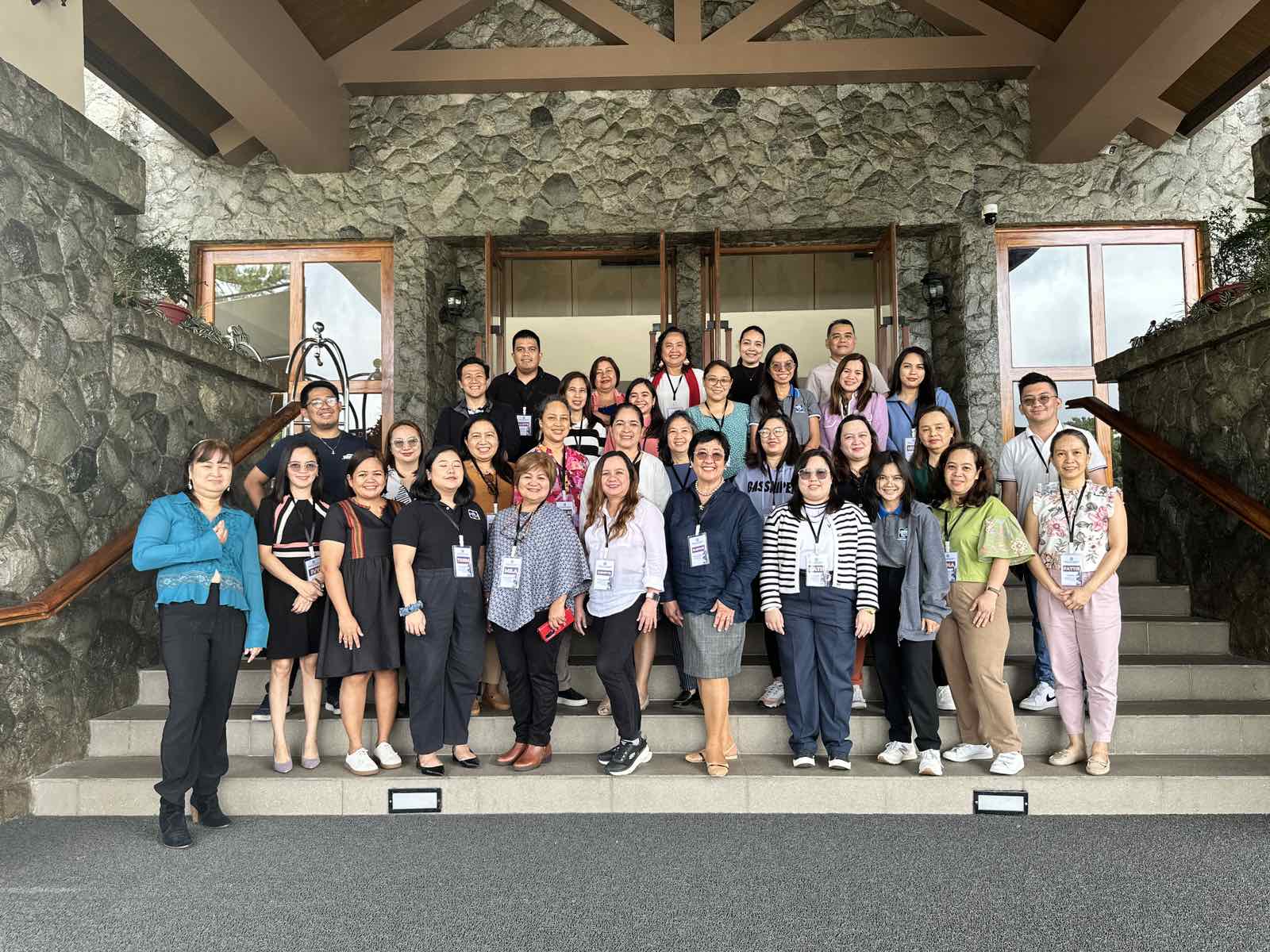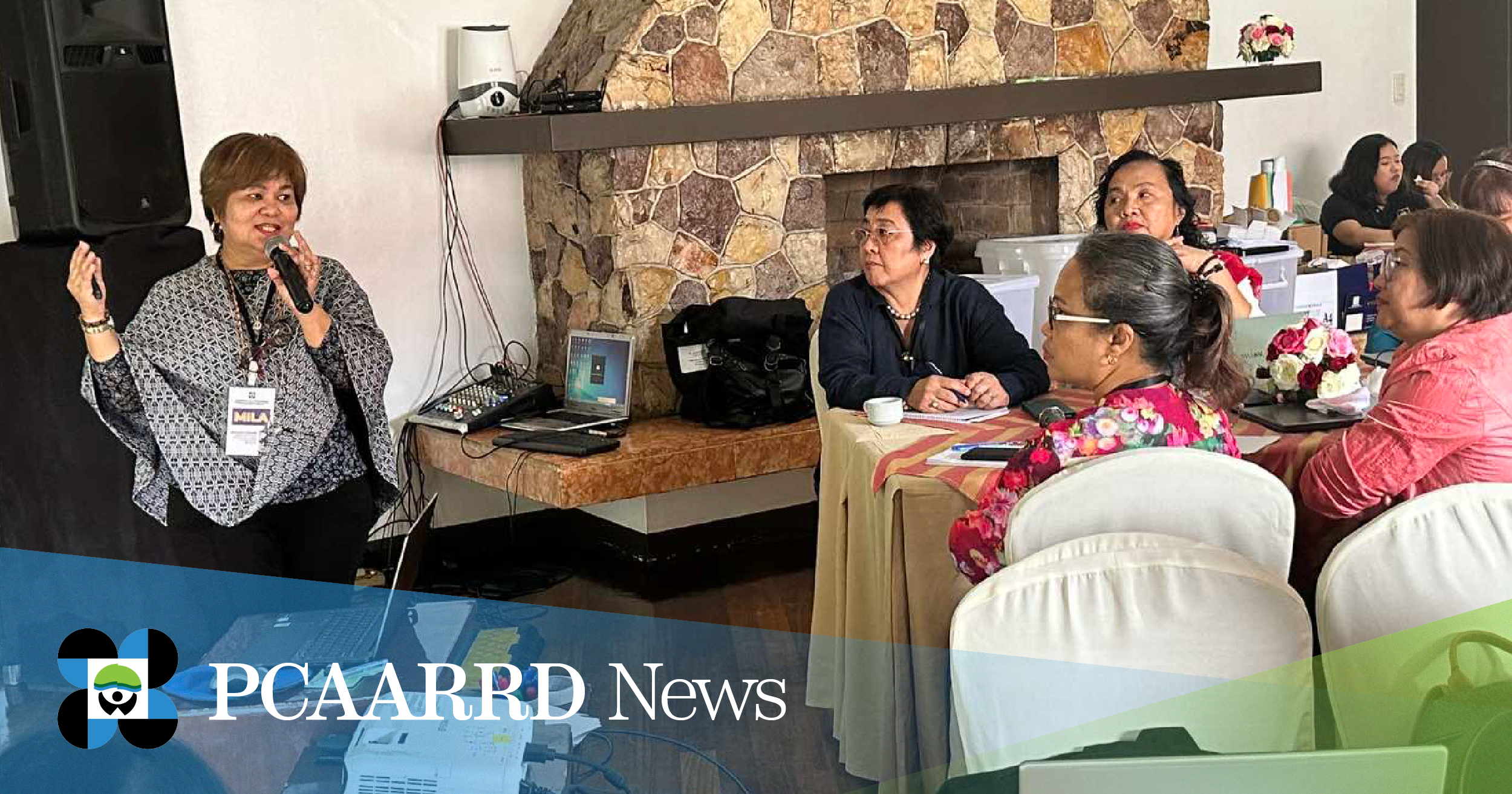
Beyond gender mainstreaming in research and development (R&D), the Philippine Council for Agriculture, Aquatic and Natural Resources Research and Development of the Department of Science and Technology (DOST-PCAARRD) conducted its first capacity-building training in gender and development (GAD) for non-R&D initiatives from July 29 to August 1, 2024, in Baguio City, Benguet. This program aims to extend and harmonize the integration of gender considerations across DOST-PCAARRD’s banner programs.
The training marks a significant step forward in DOST-PCAARRD’s efforts to integrate gender considerations into its core programs, projects, and activities (PPAs). While gender mainstreaming has been a focus within the R&D space, this new initiative extends that effort to non-R&D activities, such as planning, programming, monitoring, and evaluation of Science and Technology (S&T) support initiatives. By doing so, DOST-PCAARRD ensures that gender elements are incorporated across all areas, making their services more inclusive and impactful.
The training brought together key stakeholders, including DOST-PCAARRD staff, network researchers, and project leaders from the Administration, Resource Management and Support Services (ARMSS) cluster and members of the DOST-PCAARRD consortia. These participants are the key actors in formulating, implementing, and monitoring the Council's non-R&D PPAs.

DOST-PCAARRD Executive Director Reynaldo V. Ebora welcomed participants with an encouraging message, highlighting that the Council is advancing its gender mainstreaming efforts integrating a gender lens into both R&D and non-R&D initiatives. This approach ensures that women's and men's diverse needs, experiences, and contributions in the AANR sector are effectively recognized and addressed.
The three-day training aimed to equip the participants with appreciation and skills in the actual integration of gender analysis (GA) and gender statistics at all levels of the development cycle of non-R&D PPAs. The resource speakers included GAD experts and members of the Philippine Commission on Women (PCW) National GAD Resource Pool, Dr. Blesshe L. Querijero and Dr. Milagros A. Rimando.
Dr. Querijero is a former DOST-wide GAD Mainstreaming Coordinator and an Associate Professor IV of the University of the Philippines Los Baños (UPLB) and Dr. Rimando is a retired Director IV of the National Economic and Development Authority (NEDA) Cordillera Administrative Region (CAR), Baguio City.

For the first part of the training, Dr. Querijero discussed the key gender concepts, themes, and gender mainstreaming processes as a strategy to achieve gender equality within non-R&D PPAs in the context of DOST-PCAARRD’s services. She discussed various frameworks and tools for gender analysis as a means of gender mainstreaming. She also introduced the core elements of the Harmonized Gender and Development Guidelines (HGDG) Funding Facility Checklists.
The second half of the training focused on sex-disaggregated data (SDD), where Dr. Rimando discussed the methods of collecting SDD and developing gender indicators and statistics databases for non-R&D programs, projects, facilities, and processes.
The training participants expressed that the training served as an important avenue to highlight the harmonized relationship and equal roles among all DOST-PCAARRD units in fostering a gender-responsive process of development, implementation, and monitoring and evaluation of impactful AANR innovations.
DOST-PCAARRD’s activities under the ARMSS cluster include the Science and Technology Agenda, S&T Awards, Graduate Research and Education Assistantship for Technology (GREAT) Program, Balik Scientist Program, Training Programs, Publication Incentives Program, among others.

